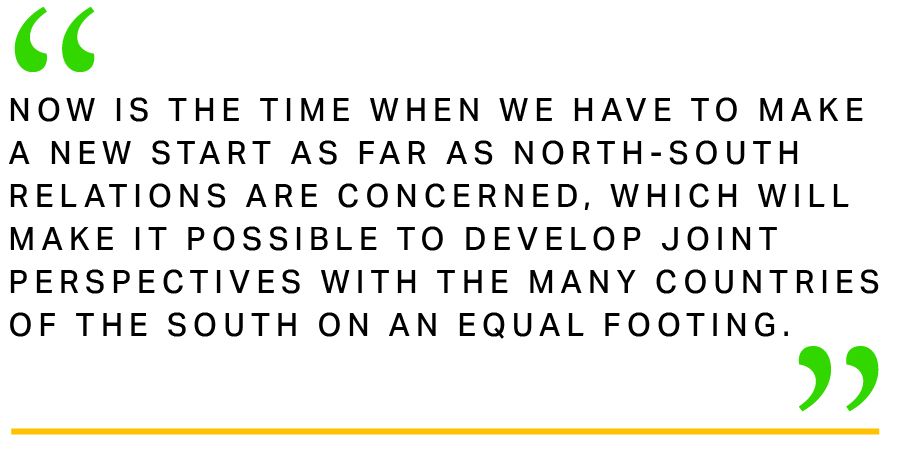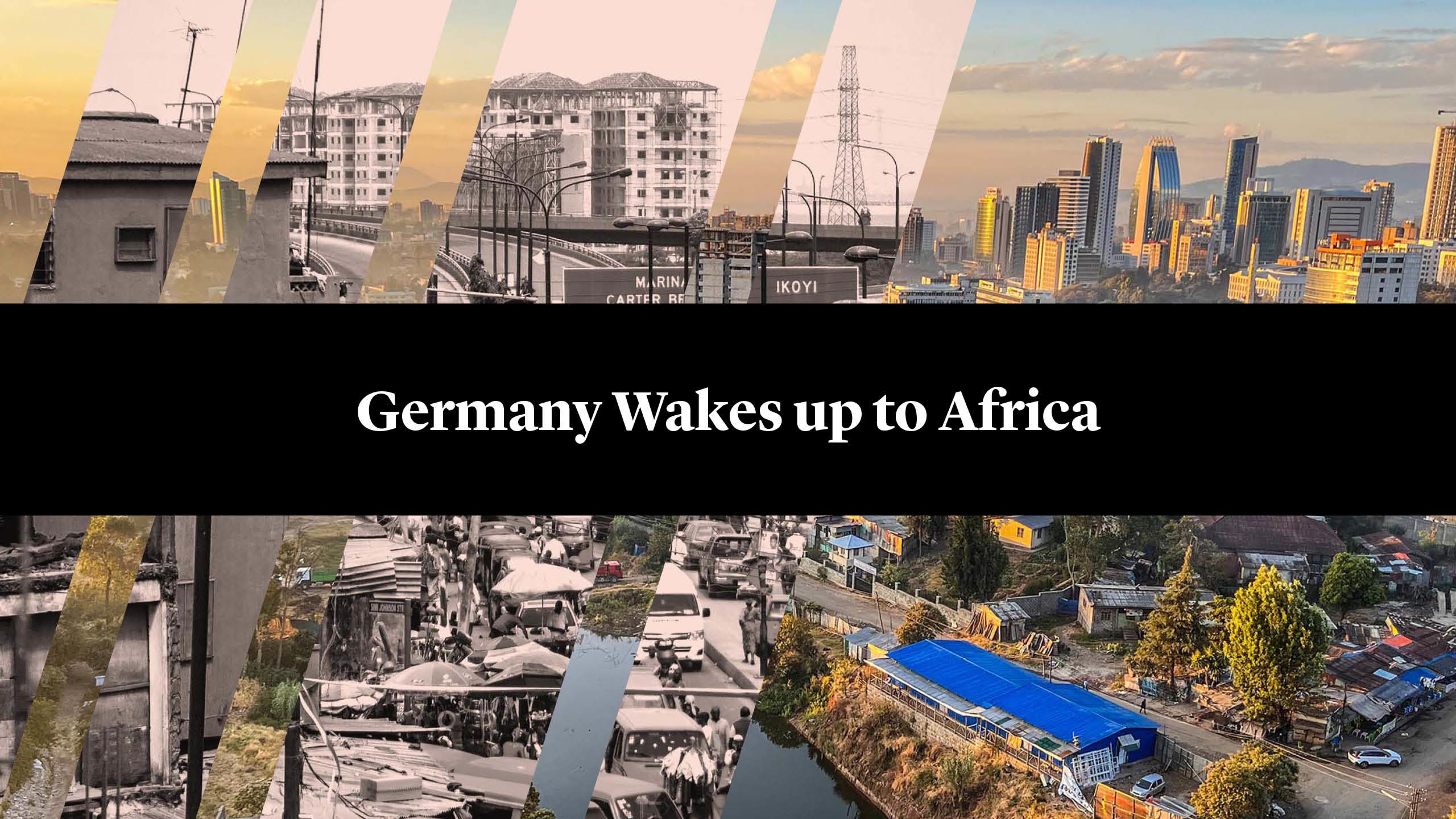



For the last few years, German foreign direct investment (FDI) in the African continent has been relatively small compared to other European investors – according to the Africa Policy Research Institute, just $1.6bn was invested in 20211. By contrast, in 2023 the UK had a cumulative investment of about $60bn, with France and the Netherlands each having investments of about $54bn in the same period2. A recent KPMG report points out that although Germany might have more than doubled its investments in the continent over the past 20 years, France, for example, has increased its capital stock six-fold in the same period. In 2022, only 1% of the €163.7bn ($173bn) investments made by German companies in foreign countries was in the African continent. Outside of Europe, China, one of the continent’s most prolific investors, has increased its investment by a factor of 903.
For the last few years, German foreign direct investment (FDI) in the African continent has been relatively small compared to other European investors – according to the Africa Policy Research Institute, just $1.6bn was invested in 20211. By contrast, in 2023 the UK had a cumulative investment of about $60bn, with France and the Netherlands each having investments of about $54bn in the same period2. A recent KPMG report points out that although Germany might have more than doubled its investments in the continent over the past 20 years, France, for example, has increased its capital stock six-fold in the same period. In 2022, only 1% of the €163.7bn ($173bn) investments made by German companies in foreign countries was in the African continent. Outside of Europe, China, one of the continent’s most prolific investors, has increased its investment by a factor of 903.



The reason for this seeming neglect of the continent is partly historic. Countries that are former colonies of the UK and France, for example, have largely turned to these nations when seeking foreign investment. Germany, lacking as deep historical links to the continent, has long focused on its business ties with Russia and China.
But as Russia’s war in Ukraine drags on and with little sign of Western tensions with China easing, German companies, with government support, have begun to turn their attention to Africa, particularly South Africa, Kenya, Nigeria, Ghana, and Egypt as they look for new economic opportunities.


The reason for this seeming neglect of the continent is partly historic. Countries that are former colonies of the UK and France, for example, have largely turned to these nations when seeking foreign investment. Germany, lacking as deep historical links to the continent, has long focused on its business ties with Russia and China.
But as Russia’s war in Ukraine drags on and with little sign of Western tensions with China easing, German companies, with government support, have begun to turn their attention to Africa, particularly South Africa, Kenya, Nigeria, Ghana, and Egypt as they look for new economic opportunities.
Government’s Stamp of Approval
The German government is taking an active role in this change in strategy concerning the African continent, particularly with regard to Sub-Saharan countries. A major draw is the wealth of natural resources available, which German Chancellor Olaf Scholz made clear on his recent trip to Nigeria and Ghana – his third trip to the region since 2021. Russia‘s invasion of Ukraine and the threat of escalation of the conflict in the Middle East has been a wakeup call to Germany of the need to diversify its energy sources.
German Chancellor Olaf Scholz on his trip to Africa in February 2023⁴.
Government’s Stamp of Approval
The German government is taking an active role in this change in strategy concerning the African continent, particularly with regard to Sub-Saharan countries. A major draw is the wealth of natural resources available, which German Chancellor Olaf Scholz made clear on his recent trip to Nigeria and Ghana – his third trip to the region since 2021. Russia‘s invasion of Ukraine and the threat of escalation of the conflict in the Middle East has been a wakeup call to Germany of the need to diversify its energy sources.
German Chancellor Olaf Scholz on his trip to Africa in February 2023⁴.
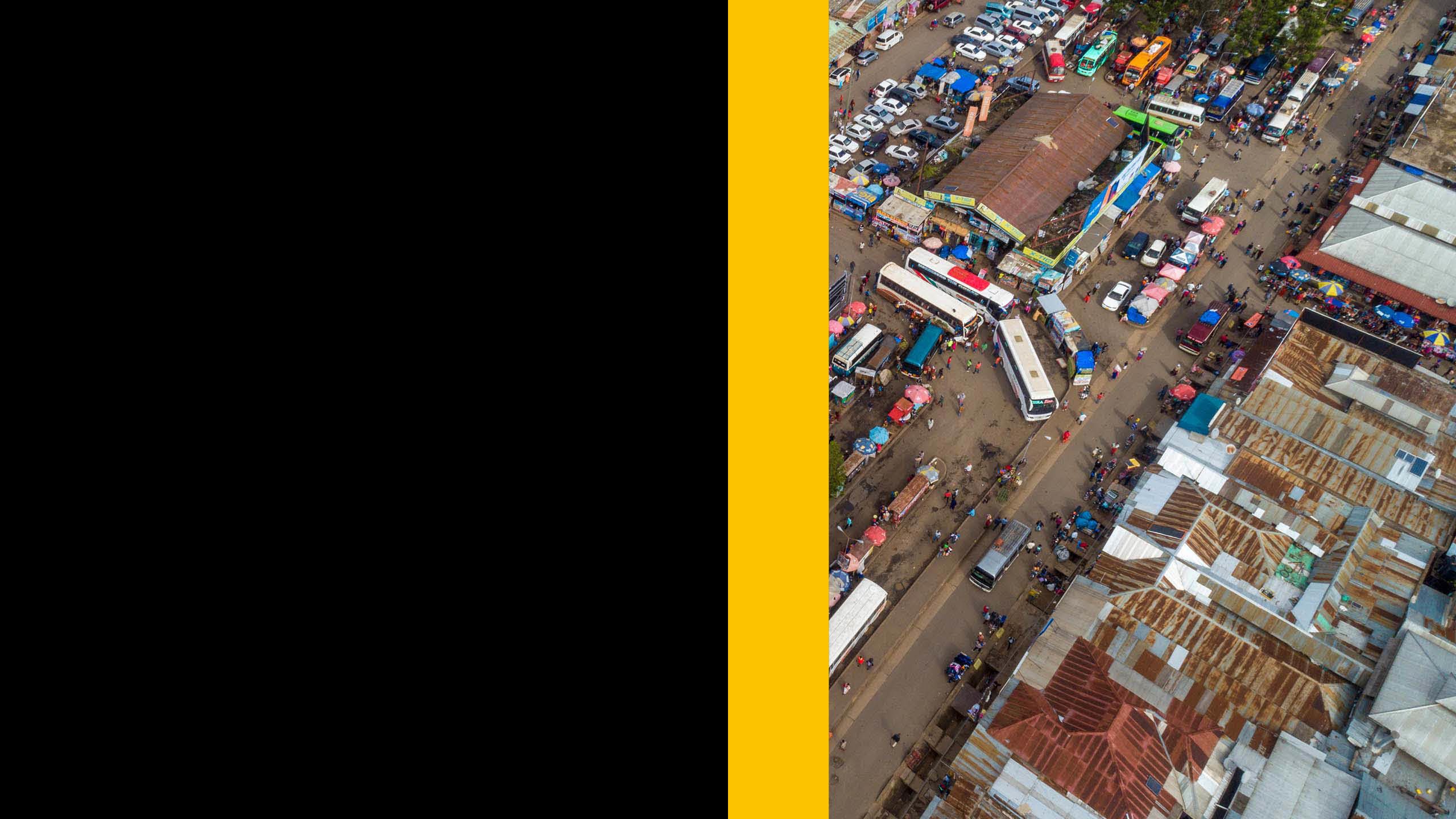
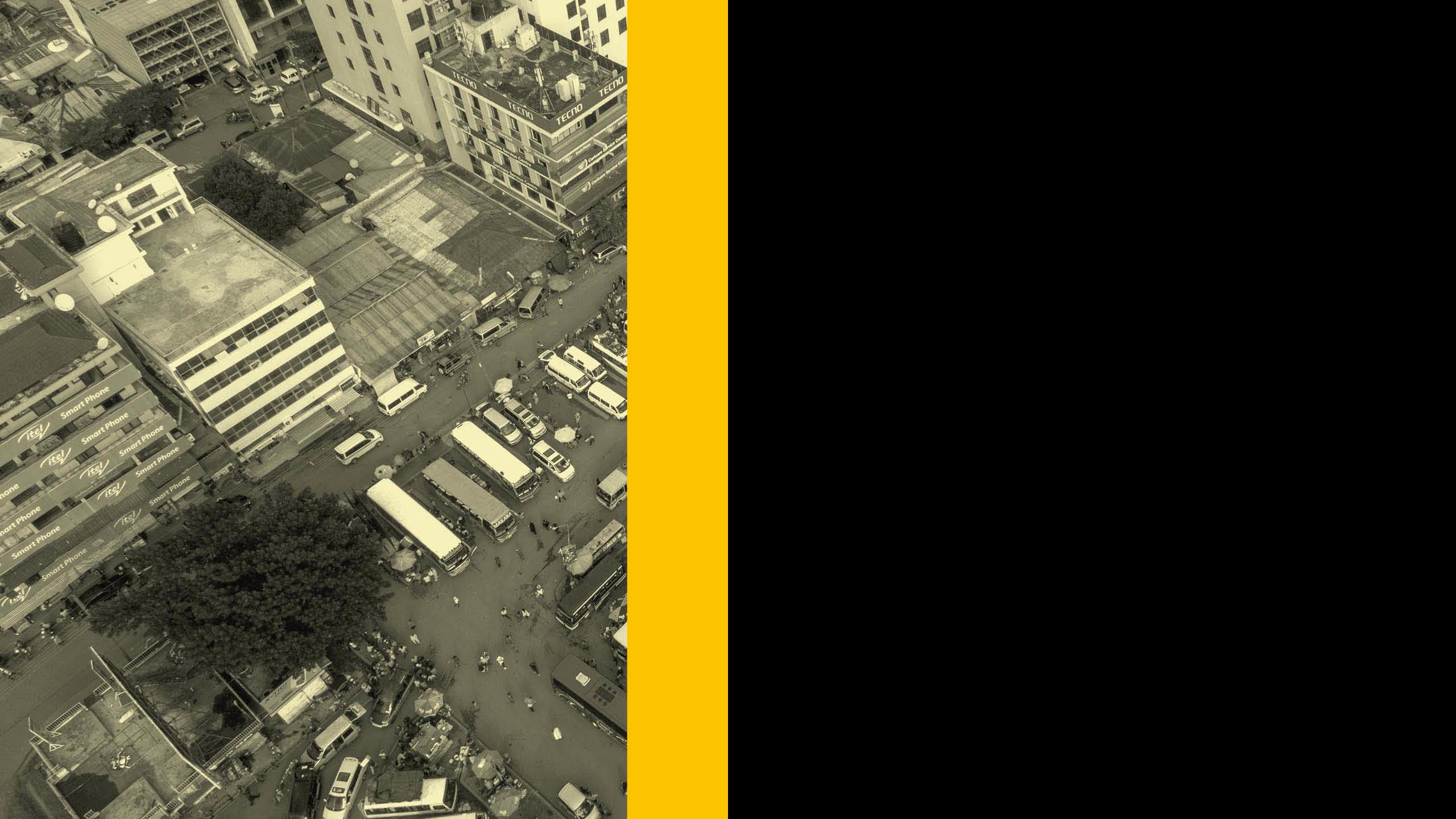
Additionally, in October 2022 Germany’s Federal Ministry for Economic Cooperation and Development (BMZ) pledged nearly €100mn to Nigeria over two years to support small- and medium-sized enterprises (SMEs), to help with agriculture, expand the renewable energy sector, and promote women’s employment5. Work has already begun with, for example, a Green Innovation Center set up to advise smallholders on modern agricultural methods6.
Of the pledged amount, €67.5mn was for Technical Cooperation and Financial Cooperation with additional funding for a regional food security fund and for certain other Special Initiatives7. Although there is a core humanitarian element to the funding, it also targets energy transition to renewables and technical and vocational training which helps address two of Germany’s pressing problems; that of alternative sources of energy as well as its skilled worker shortage with African countries, with an abundance of human capital to encourage skilled labor to come to Germany8. Further steps were taken by the German government in September 2024, with Chancellor Scholz agreeing to a deal with Kenya’s President William Ruto to ease immigration laws and allow skilled and semi-skilled Kenyan workers to find employment in Germany9.
Germany also wants to position itself as an alternative source of financing to China. Chinese loans in Africa have increasingly been viewed with some wariness, as a means of exerting influence in ways that might affect the sovereignty of these countries. Recent trends including the ongoing effects of COVID–19 and evolving priorities of China suggest that Germany‘s overtures will be met positively.


Additionally, in October 2022 Germany’s Federal Ministry for Economic Cooperation and Development (BMZ) pledged nearly €100mn to Nigeria over two years to support small- and medium-sized enterprises (SMEs), to help with agriculture, expand the renewable energy sector, and promote women’s employment5. Work has already begun with, for example, a Green Innovation Center set up to advise smallholders on modern agricultural methods6.
Of the pledged amount, €67.5mn was for Technical Cooperation and Financial Cooperation with additional funding for a regional food security fund and for certain other Special Initiatives7. Although there is a core humanitarian element to the funding, it also targets energy transition to renewables and technical and vocational training which helps address two of Germany’s pressing problems; that of alternative sources of energy as well as its skilled worker shortage with African countries, with an abundance of human capital to encourage skilled labor to come to Germany8. Further steps were taken by the German government in September 2024, with Chancellor Scholz agreeing to a deal with Kenya’s President William Ruto to ease immigration laws and allow skilled and semi-skilled Kenyan workers to find employment in Germany9.
Germany also wants to position itself as an alternative source of financing to China. Chinese loans in Africa have increasingly been viewed with some wariness, as a means of exerting influence in ways that might affect the sovereignty of these countries. Recent trends including the ongoing effects of COVID–19 and evolving priorities of China suggest that Germany‘s overtures will be met positively.
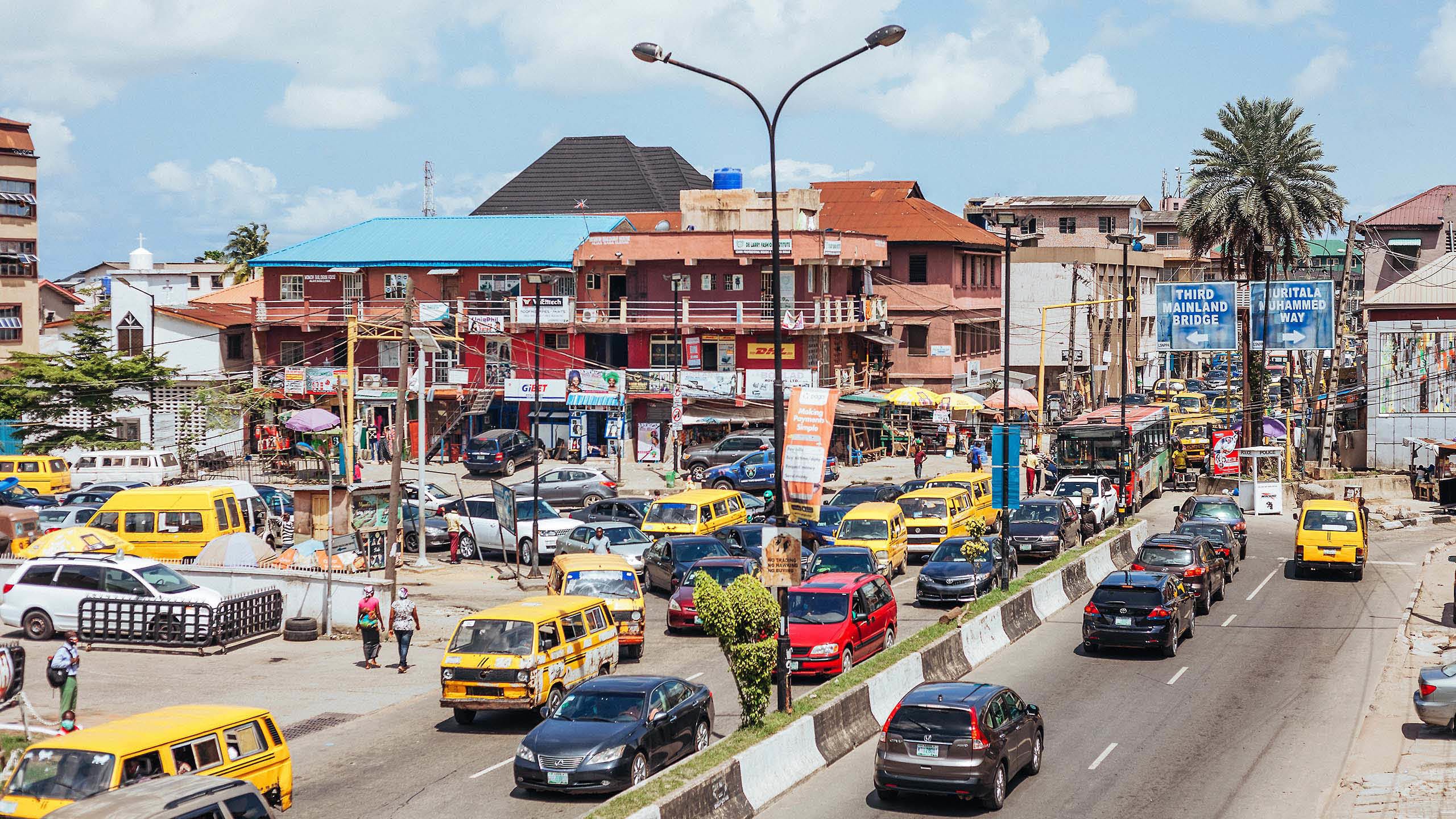
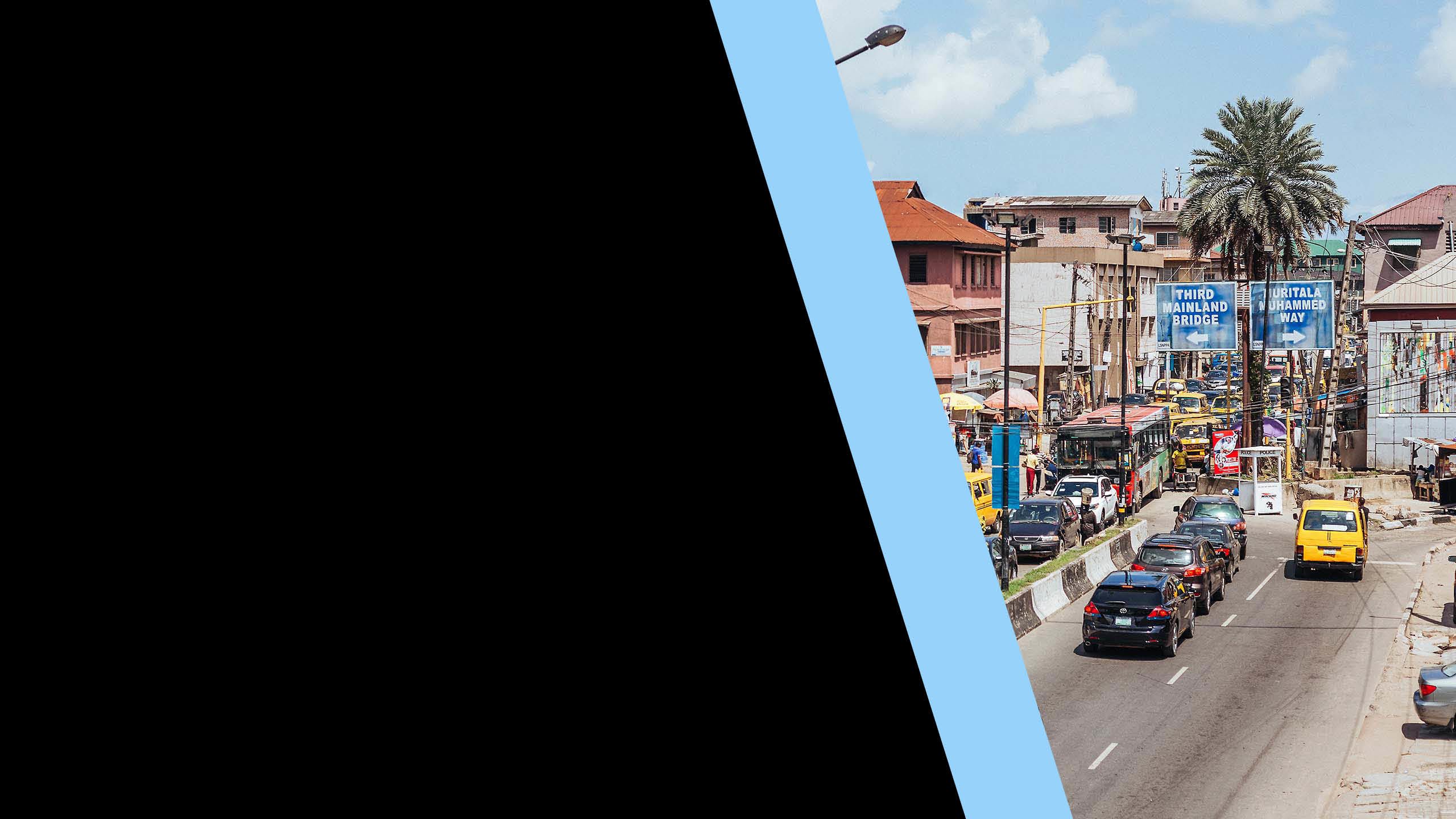
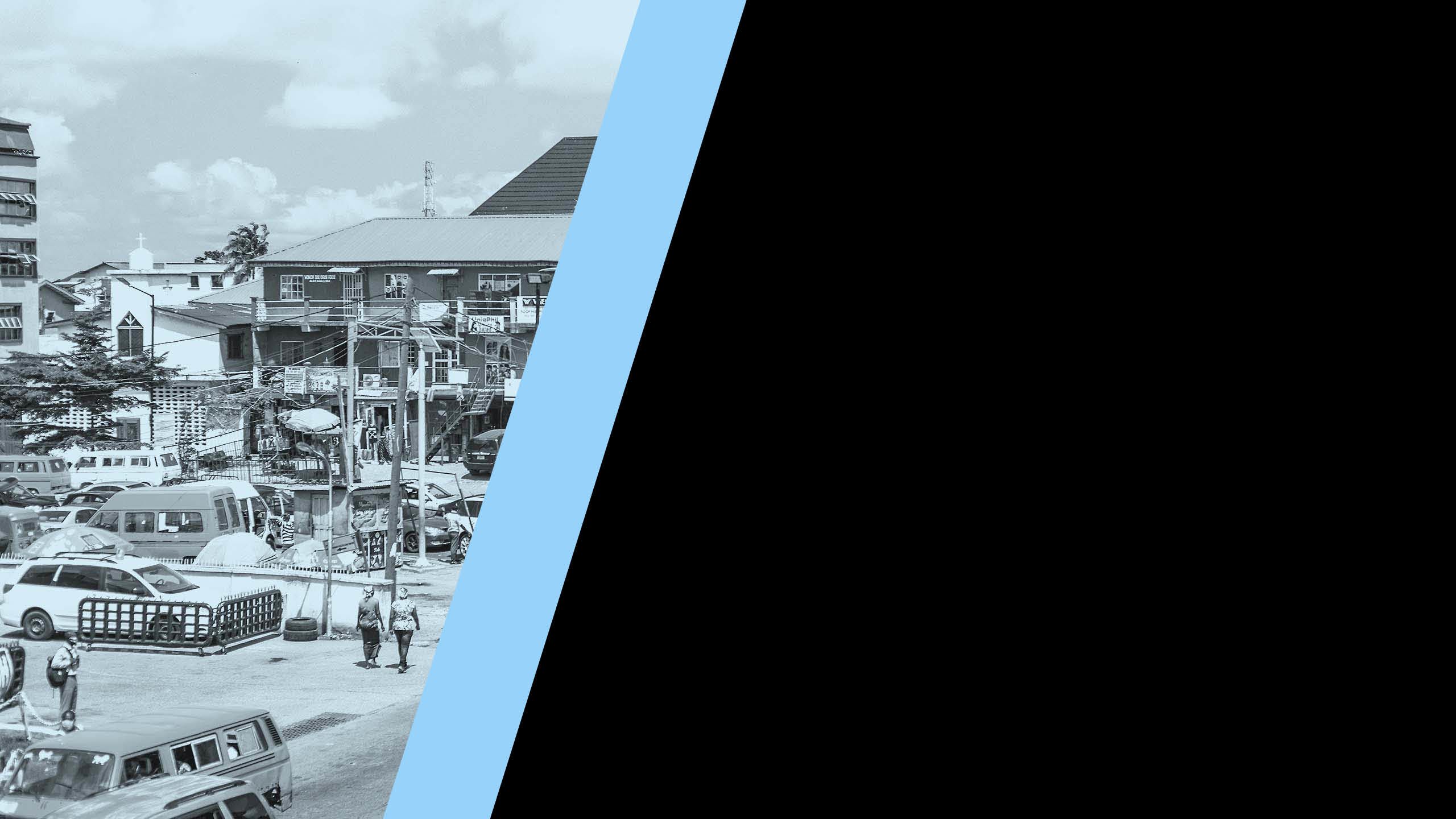
A Push Into Renewables, But Not Only
Germany’s initial push has largely been in renewables.
At the G20 Compact with Africa (CwA) Conference in Berlin in November 2023, Germany pledged to invest €4bn in African green energy projects by 2030. It also signed a $500mn renewable energy and gas deal with Nigeria10.
But while the investment in renewables grabs the headlines, German and African companies are also looking for partnerships in industries like automotive, healthcare, chemical, and consumer goods, including wholesale and retail.
In April this year, German automotive manufacturer Volkswagen said that it intended to invest $210mn to build a manufacturing plant for its new SUVs in Kariega, South Africa11. Additionally, shipping group Harren Group opened an office in Lagos in 2022. With over 70% of cargo imported into West and Central Africa coming through Nigeria12, it is a strategic investment to target the West African market13.
How Are Deals Being Financed?
Germany joined the African Development Bank Group in 1983 and has been a contributor to The African Development Fund (ADF) since 1973. The ADF is the main platform for African governments, development partners, and the private sector to coordinate financial sector development and aims to bridge financing gaps and, in particular, promote renewables14. Earlier this year, for example, it took a stake of up to $10mn in the “Alliance for Green Infrastructure in Africa – Project Development” (AGIA-PD) fund to help accelerate the continent’s resilient green transition at scale15.
There are several other programs with mandates to help German companies invest in Africa such as the German Desk program which, along with partner banks and the local German Chambers of Commerce, provide practical financial assistance to German SMEs and their local trading partners on the ground. Its main role is as a bridge for financing solutions and to establish close local links. They have a local presence in Ghana, Kenya, and Nigeria. Additionally, via local banks like the Nigerian multinational commercial bank Access Bank and Nairobi-headquartered Equity Group Holdings, they are also able to provide support to companies operating in a number of other countries in Sub-Saharan Africa16.
At a smaller company level, the AfricaConnect program under the Deutsche Investitions und Entwicklungsgesellschaft (DEG) supports SMEs with loans of between €750,000 and €4mn with maturities of three to seven years17.
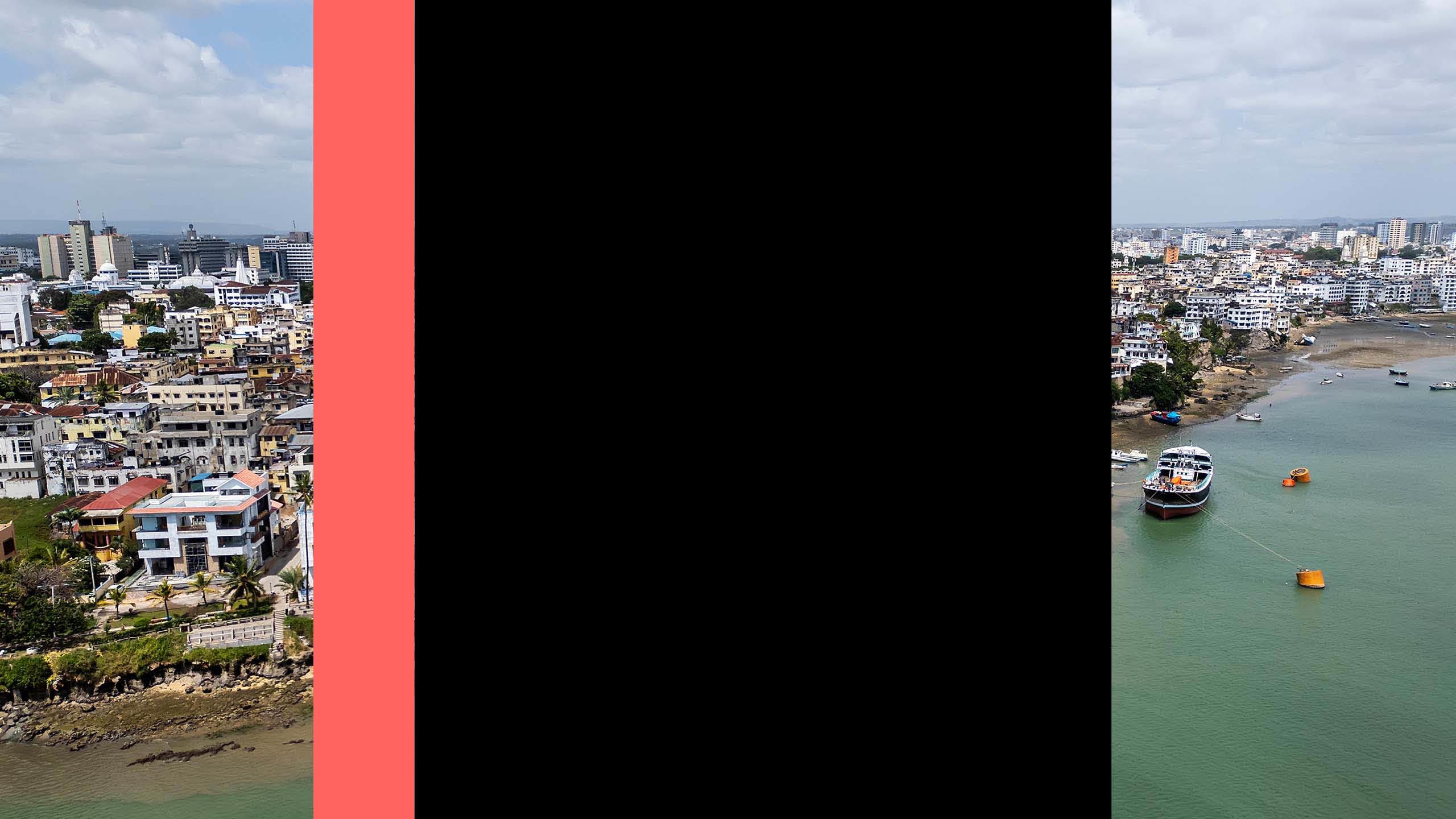

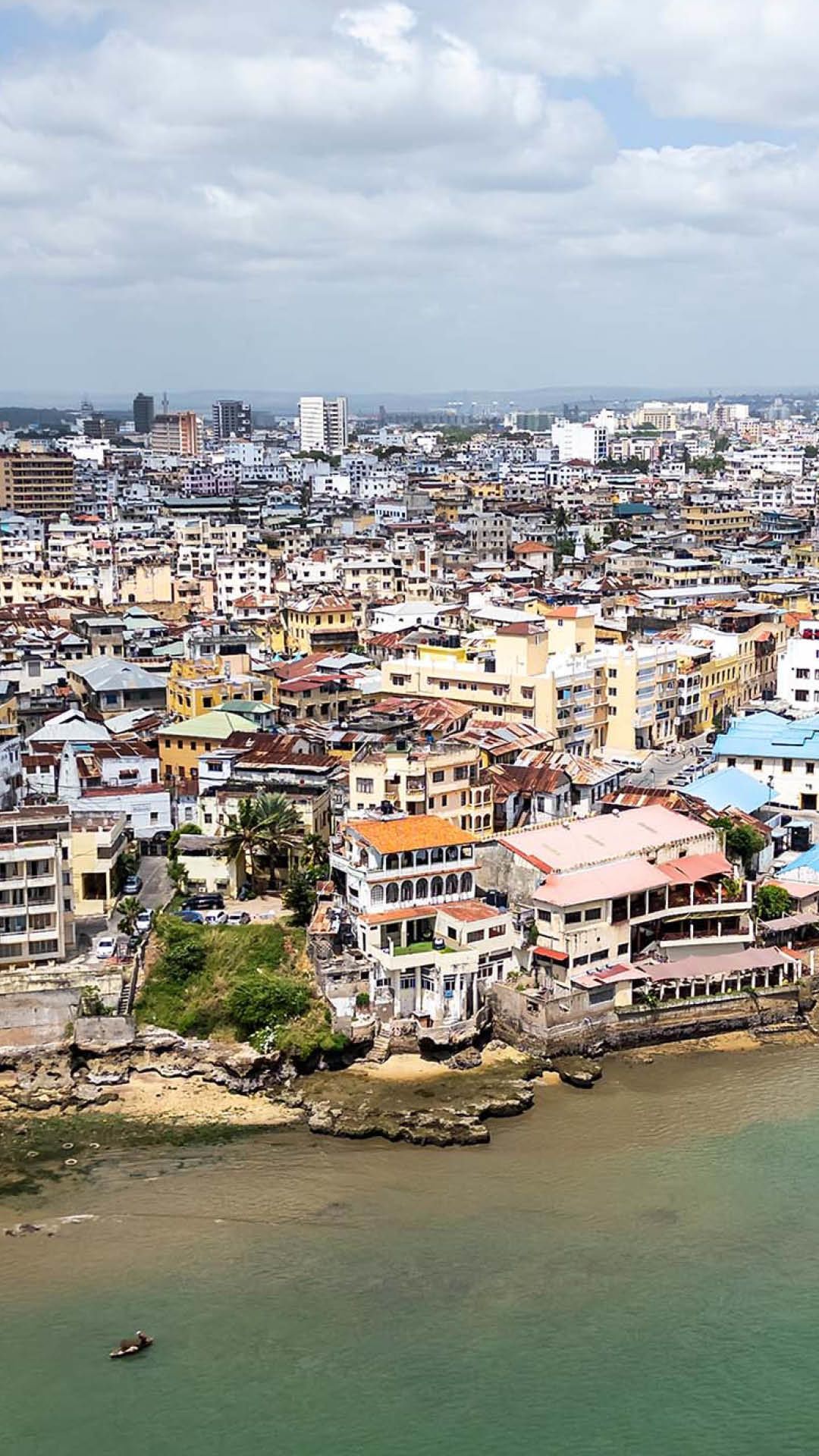

How Are Deals Being Financed?
Germany joined the African Development Bank Group in 1983 and has been a contributor to The African Development Fund (ADF) since 1973. The ADF is the main platform for African governments, development partners, and the private sector to coordinate financial sector development and aims to bridge financing gaps and, in particular, promote renewables14. Earlier this year, for example, it took a stake of up to $10mn in the “Alliance for Green Infrastructure in Africa – Project Development” (AGIA-PD) fund to help accelerate the continent’s resilient green transition at scale15.
There are several other programs with mandates to help German companies invest in Africa such as the German Desk program which, along with partner banks and the local German Chambers of Commerce, provide practical financial assistance to German SMEs and their local trading partners on the ground. Its main role is as a bridge for financing solutions and to establish close local links. They have a local presence in Ghana, Kenya, and Nigeria. Additionally, via local banks like the Nigerian multinational commercial bank Access Bank and Nairobi-headquartered Equity Group Holdings, they are also able to provide support to companies operating in a number of other countries in Sub-Saharan Africa16.
At a smaller company level, the AfricaConnect program under the Deutsche Investitions und Entwicklungsgesellschaft (DEG) supports SMEs with loans of between €750,000 and €4mn with maturities of three to seven years17.
Where is the Focus?
South Africa and North Africa have historically been the main recipients of German FDI, but due to market size, available resources, and relative political stability, the mix of countries is expanding to include the likes of Nigeria, Kenya, Namibia, Zambia, and Angola.
There is still the element of political risk in some of Africa, but the German government offers investment guarantees to German firms to cover these risks, especially in those countries where external financing can still be difficult to obtain. This covers issues like expropriation of assets, threats of war and armed conflict, the breach of legally binding commitments by state or state-controlled authorities, and the dangers of payment moratoria18.
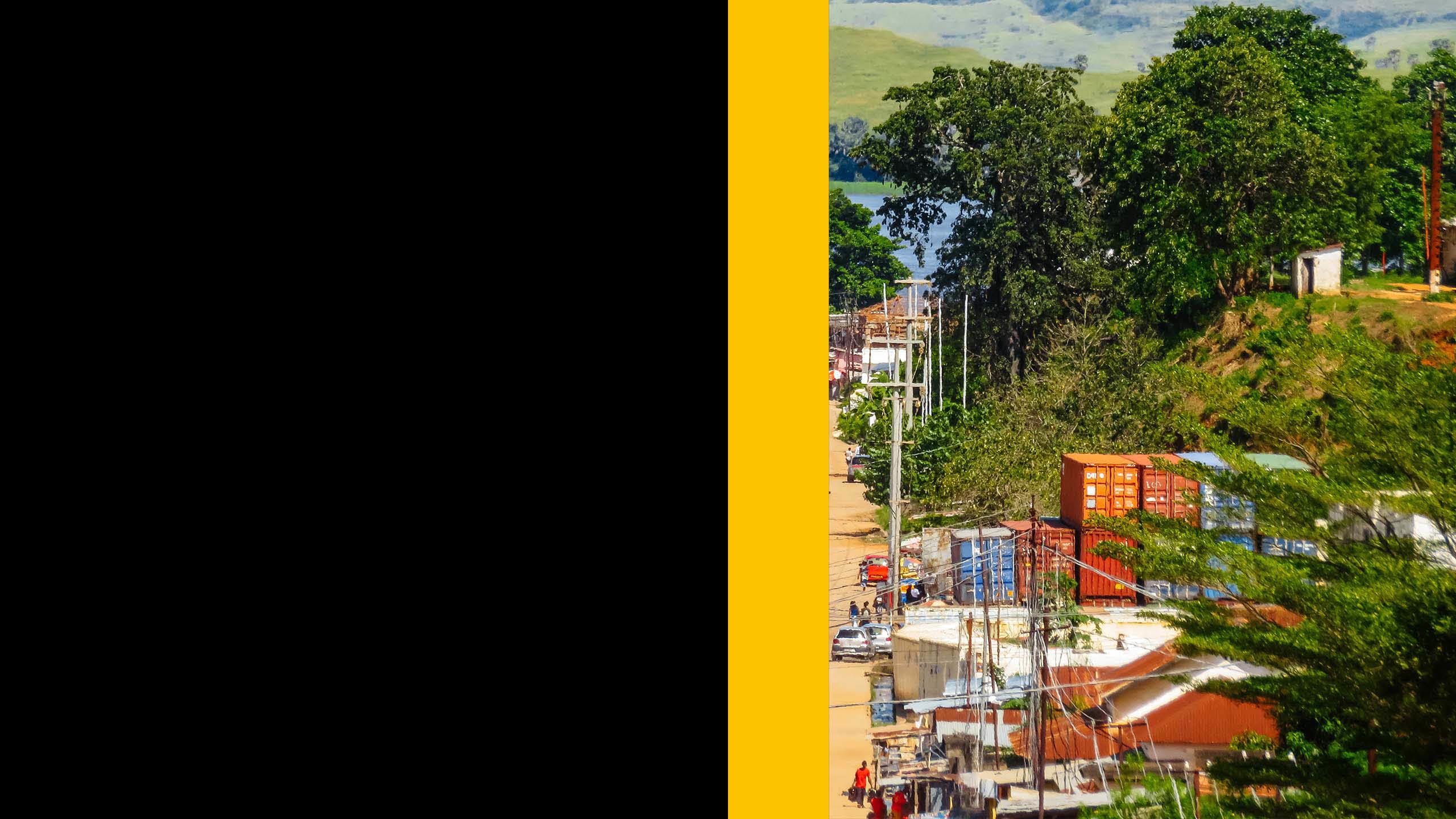
Still, there is a clear sign of a new approach to engagement with Africa and positivity from German companies. KPMG’s report finds that that 66% of companies in Germany intend to expand their investment activities in Africa over the next five years, while 20% are considering the continent as an investment location for the first time19.
Digging into the survey, this is not a flash in the pan. More than half (56%) of companies said that they expected their revenues in Africa to increase and more than three-quarters of businesses expect turnover to rise over the next five years.
As German government policy aligns with the commercial interests of German companies, together with market opportunities and the needs of African consumers, expectations are that German investment in the continent will continue to grow.
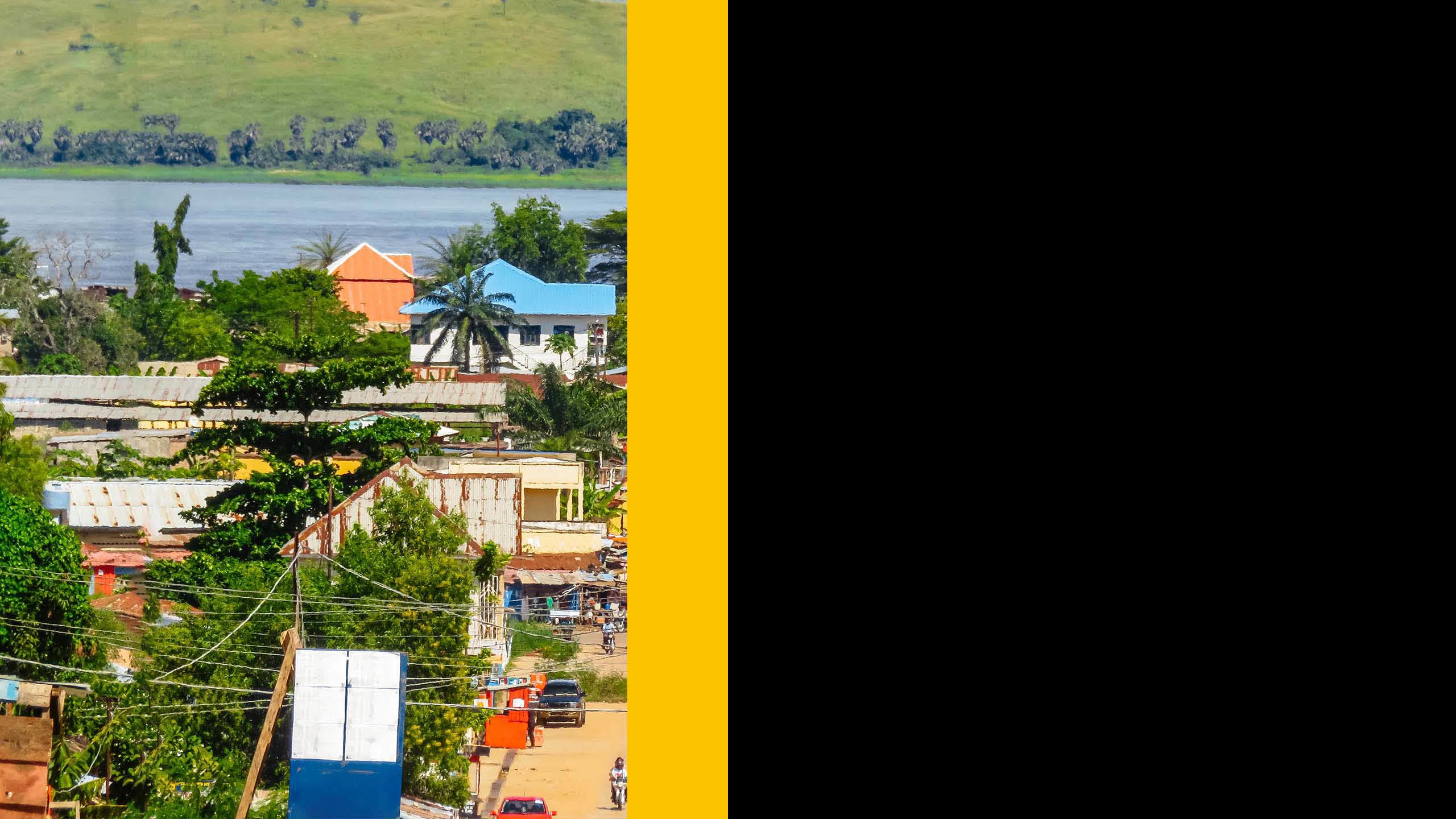
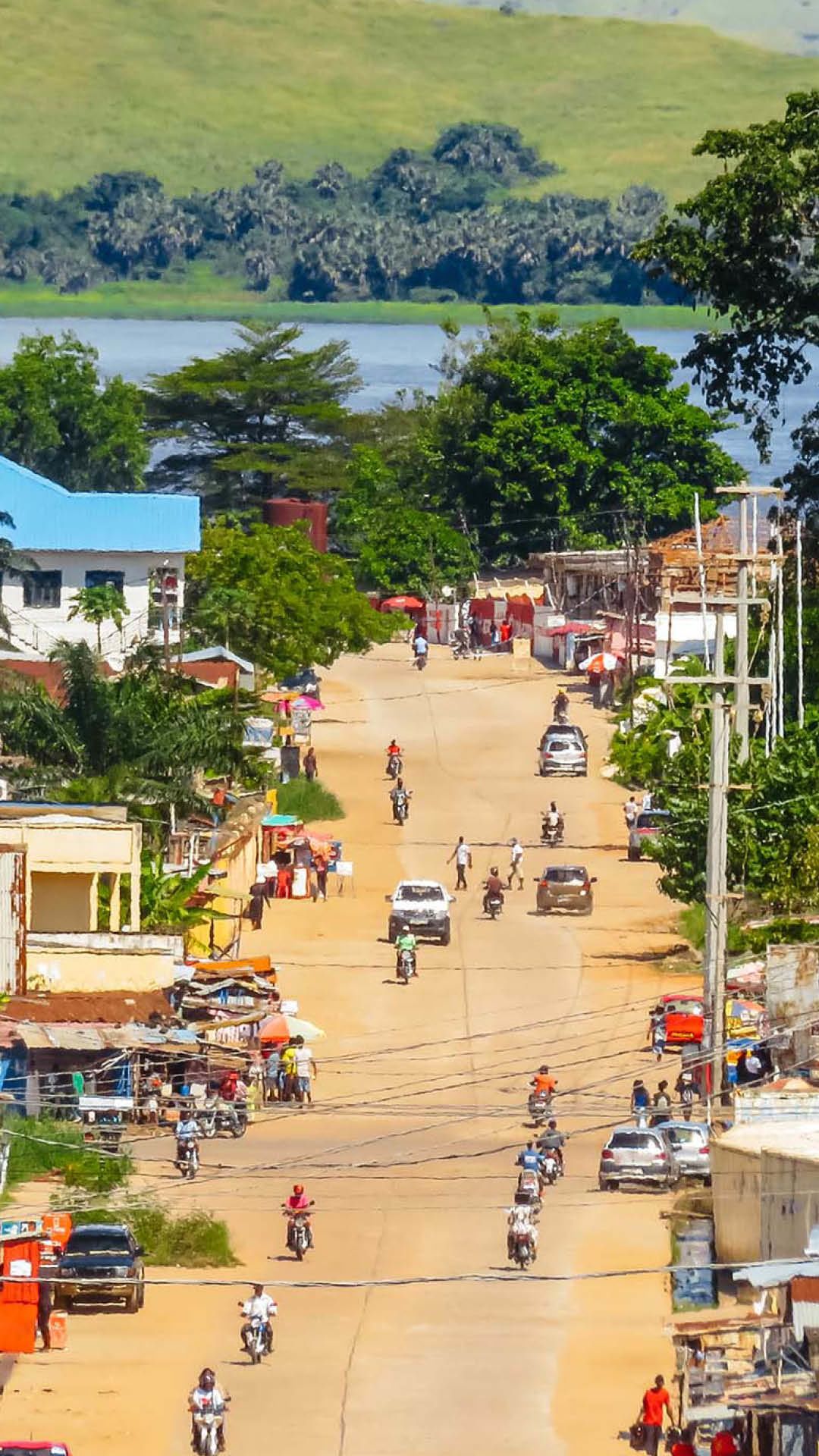

There is still the element of political risk in some of Africa, but the German government offers investment guarantees to German firms to cover these risks, especially in those countries where external financing can still be difficult to obtain. This covers issues like expropriation of assets, threats of war and armed conflict, the breach of legally binding commitments by state or state-controlled authorities, and the dangers of payment moratoria18.
Still, there is a clear sign of a new approach to engagement with Africa and positivity from German companies. KPMG’s report finds that that 66% of companies in Germany intend to expand their investment activities in Africa over the next five years, while 20% are considering the continent as an investment location for the first time19.
Digging into the survey, this is not a flash in the pan. More than half (56%) of companies said that they expected their revenues in Africa to increase and more than three-quarters of businesses expect turnover to rise over the next five years.
As German government policy aligns with the commercial interests of German companies, together with market opportunities and the needs of African consumers, expectations are that German investment in the continent will continue to grow.



